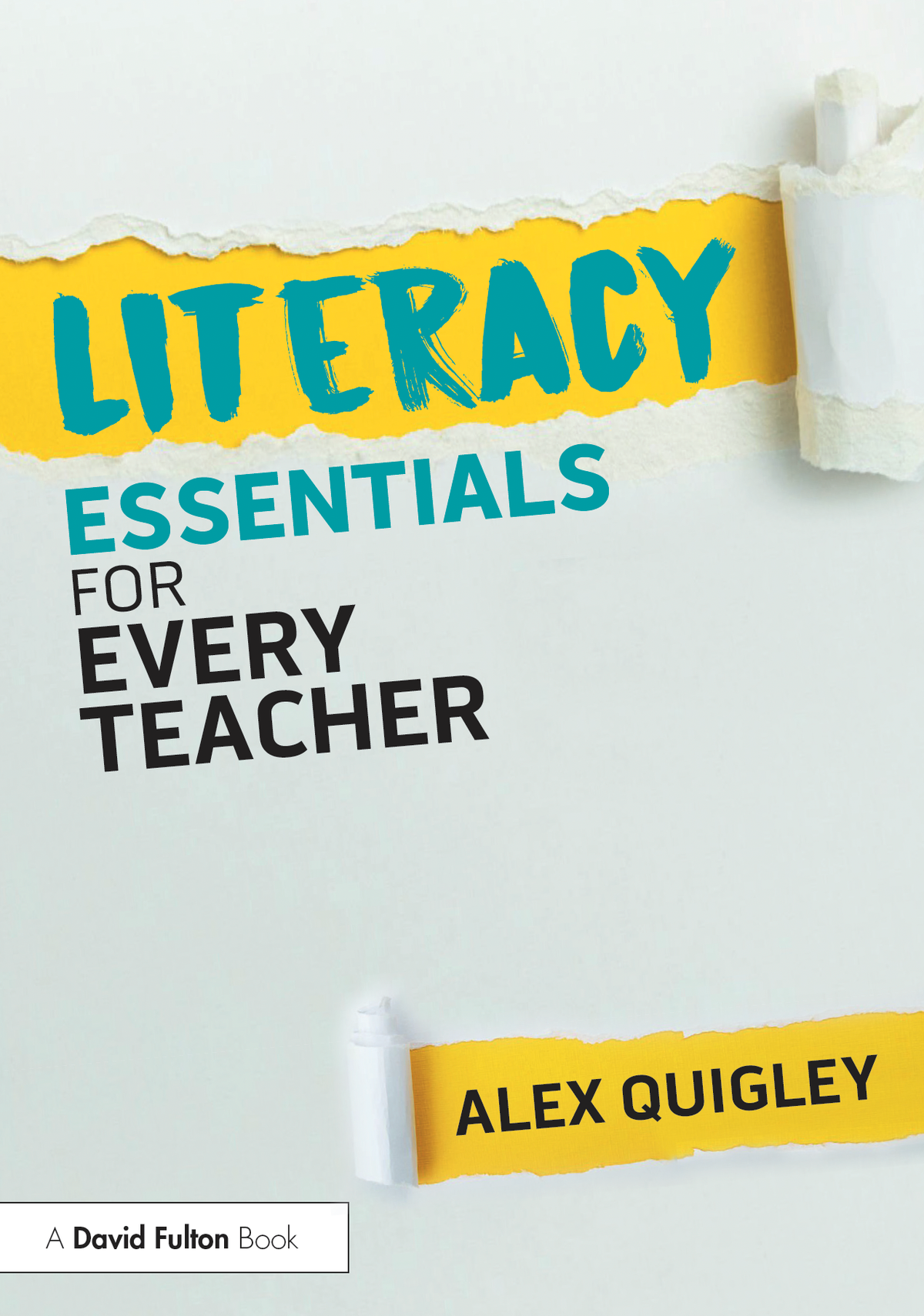



What if your child struggles and falls behind their peers? When it comes to the topic of children struggling in school and education, parents can experience profound feelings of fear or worry, or hope and relief. Students can feel the same array of strong emotions whether they struggle or not.

There is a lot of warnings and worries when it comes to using AI in education. Teachers understandably worry that if ChatGPT, Gemini, and similar AI chatbots, do all the hard work and thinking, then students will opt out and learn less. The idea of 'cognitive offloading' each


What if the brave new world of AI and assistive technology means that we stop learning by hand? Would we lose any learning it the translating from handwriting screen tapping, or from note-taking by hand to receiving summaries from an AI chatbot? On one hand, it seems absurd to argue


Shared reading is vital for every student to succeed in education. Reading in the classroom helps build knowledge, develop ideas, boost vocabulary, fuel creativity, and so much more. But we know that some students with additional special educational needs can struggle to develop their reading comprehension and engage in shared

There appears to be a problem with a lack of belonging from children in education. It makes sense then for schools and settings to prioritise belonging in their work. Belonging may be a valuable and important concept, and something schools want to improve, but it also hard to pin down.


It is the new year, which is a time for a fresh start and developing new habits. I've been working away for the last year on a new book that distils what every teacher needs to know and do when it comes to literacy in the classroom. In


Every teacher can recite awkward experiences from their teacher professional development past. Pleasing all the teachers all the time, with various approaches, is simply hard work! Years later, I can still remember my left/right brain training (twice - by the same trainer!), as well as undertaking coaching approaches, and